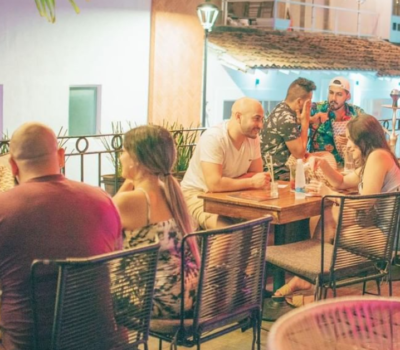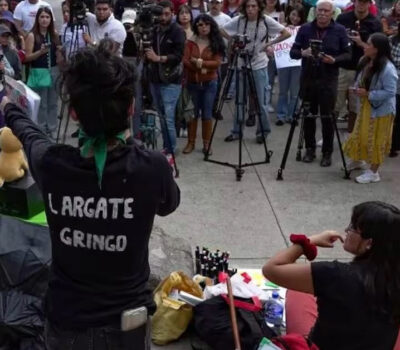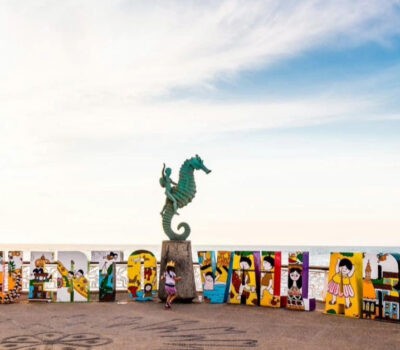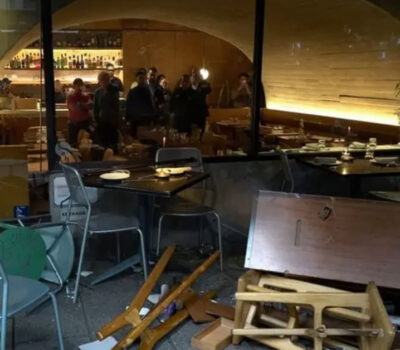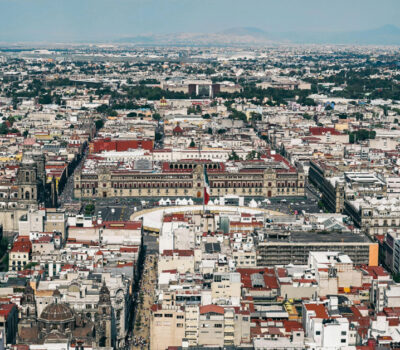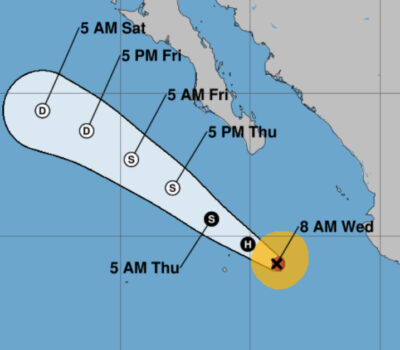Outside of the Saudi capital, in one of the country’s most conservative provinces, Jowhara al-Wably is making history. She’s running in this weekend’s elections.
Saturday’s vote for local council seats marks two milestones for Saudi women: Not only can they run in a government election for the first time, it is the first time they are permitted to vote at all.
The municipal councils are the only government body in which Saudi citizens can elect representatives, so the vote is widely seen as a small but significant opening for women to play a more equal role in Saudi society.
Still, women face challenges on the campaign trail: Because of Saudi Arabia’s strict policy of segregation of the sexes, they cannot address male voters directly and have to speak from behind a partition – or have male relatives speak for them.
In an effort to create a more level playing field, the General Election Committee banned both male and female candidates from showing their faces in promotional flyers, billboards or in social media. They’re also not allowed to appear on television.
This suits al-Wably, a 52-year-old community activist and Ministry of Education employee. Like all women in Saudi Arabia, she wears a loose-flowing black robe called an “abaya.” She also covers her face and hair under a veil called a “niqab” when in public.
When she meets with female voters, she talks to them at the hotel conference hall she’s rented in Buraydah, 220 miles (350 kilometers) northwest of Riyadh. But when she makes her pitch to male voters this week, she won’t be doing the talking. Her two sons, both in their mid-20s, her husband and her brothers will address the male crowd and she won’t be present.
With around 5,000 men registered to vote in her district compared to 620 registered female voters, al-Wably says she can’t afford to rely solely on Internet campaigning through Twitter and Facebook to reach men.
“I want to be part of the development of my city,” she told The Associated Press. “I want to be a positive force on the ground in my community.”
While the councils do not have legislative powers, they do oversee a range of community issues, such as budgets for maintaining and improving public facilities like parks, roads and utilities. All major decision-making powers rest solely in the hands of King Salman and the all-male Cabinet of ministers.
The first local council election was held in 2005 and the second in 2011, with only men taking part. This time around, state-affiliated media report there are 979 female candidates and 5,938 male candidates vying for seats. About 130,000 women have registered to vote versus 1.35 million male voters.
Up for grabs are around 2,100 council seats. An additional 1,050 seats are appointed with approval from the king. While there is no quota for women, the king may use his powers to ensure at least some women get onto the councils.
While calling the vote a “step forward for women,” Rothna Begum of Human Rights Watch noted that because male candidates cannot directly address women, they could easily disregard the female vote because it is proportionally so much smaller. And the high cost of running a visible campaign has proven prohibitive for some female candidates, she said; at least 31 dropped out because it was too expensive.
At his campaign headquarters in Saudi Arabia’s second-largest city of Jiddah, Bassam Akhdar said he allocated a night specifically to reach out to the female electorate, with female staff lined up to explain his platform.
But no women showed up and none have passed by his office to inquire about his campaign. So he ended up allocating the entire space to his male constituency, who come every night to hear and meet him.
“I would be happy to have a woman’s vote. This is a gain for me,” said the 47-year-old businessman, who won a seat in the past two elections – and spent $106,000 (400,000 riyals) on his latest campaign.
Despite vast differences between Saudi Arabia’s cultural sensitivities and the bombast often associated with campaigns in the West, criticism of women’s participation has largely been muted, though one prominent cleric warned against this being a Western-style election.
Sheikh Abdelrahman al-Barrack admonished his more than 161,000 followers on Twitter that the vote is not religiously permissible if it Westernizes the “land of the two holy mosques,” a reference to the holy sites in Mecca and Medina, and when it allows for the mixing of men and women.
The decision to allow women to take part is seen as part of the late King Abdullah’s legacy. Before he died in January, the king appointed 30 women to the country’s top advisory Shura Council. Women were also given licenses to practice law, and labor rules were changed to allow women to work as sales clerks in lingerie and women’s clothing stores. The government also began issuing identification cards for women.
In the Saudi capital, Riyadh, 40-year-old candidate Randa Baraja said her No. 1 supporter has been her father.
“He is very keen about education and the idea that women ought to rely on themselves. … My brothers are supportive too,” said Baraja, a health care professional.
Still, when she presented her campaign platform to a group of men this week, she did not stand in front of them. In line with election rules she was out of view behind a partition; she used a projector and a microphone to discuss her ideas, while a camera feed allowed her to see those in attendance.
For Saudi women and men, this kind of interaction is not unusual. The kingdom distinguishes itself as an Islamic state that upholds one of the strictest policies of segregation of the sexes in the world, enforced by the kingdom’s morality police.
Though men and women work alongside each other in places such as banks and hospitals, unmarried men and women are prohibited from socially mixing – in both public and private. At female college campuses, male lecturers often communicate via a one-way camera feed that allows students to see the professor. At restaurants, women have “family only” entrances to separate them from single men.
Women are barred from driving and are governed by guardianship laws that require them to have the permission of male relatives in order to marry, obtain a passport, travel abroad or access higher education. Many private hospitals require such permission for women to undergo medical procedures.
Marina Ottoway, a senior scholar at the Woodrow Wilson Center in Washington, said this weekend’s elections will not represent a turning point for the status of women.
“They are simply a very small step in a very long process of change for women and for citizens in general,” she said, adding that it’s too soon to tell whether this is the first in a series of steps or whether change stops here.
Still, Baraja says the election is a chance for women to leave a mark on their communities. In her district, 23 men and 23 women are vying for two seats on the council. She says there are around 9,600 registered male voters and a little more than 300 registered female voters.
“The competition is big and the campaigning took a lot of effort and time. … But in general what is making me enjoy each step I take is that I feel I have the skills and the ideas to contribute to my community,” she said.
“When I am in the street and see the roads are not paved well and there are potholes, and the (lack of) cleanliness in some areas, we can make it better and more beautiful … with simple ideas that do not cost a lot,” she said.
—
Follow Aya Batrawy on Twitter at www.twitter.com/ayaelb
Outside of the Saudi capital, in one of the country's most conservative provinces, Jowhara al-Wably is making history . . .

